
Search Assignments
Table of Contents
Our Experts

Search Assignments

Customers Reviews
"War does not determine who is right — only who is left." These famous words by British philosopher Bertrand Russell fit in perfectly in the context of the ongoing Russia-Ukraine War. The impact of this conflict extends far beyond the immediate human suffering and destruction; it continues to echo through the halls of global power, reshaping alliances and significantly altering the geopolitical landscape. It has also sparked renewed discussions about alliances such as NATO and intensified the global energy crisis, compelling countries to reevaluate their geopolitical and economic strategies.
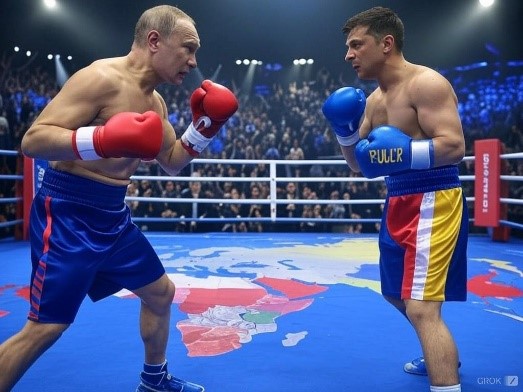
To fully understand the importance of the Russia-Ukraine war, we need to look back to 1991, when the Soviet Union disintegrated. Ukraine, once a proud member of this empire, began its path towards independence. However, this journey has faced numerous challenges. Fast forward to 2014, and we witness Russia's annexation of Crimea, which sets the stage for the ongoing conflict.
The current war, which started in February 2022, represents an ongoing expression of this aggressive posture, posing a challenge to the post-Cold War framework and the principles of sovereignty and territorial integrity. The historical context also emphasizes Russia’s view of NATO’s eastward expansion as a direct threat, which has intensified the conflict.
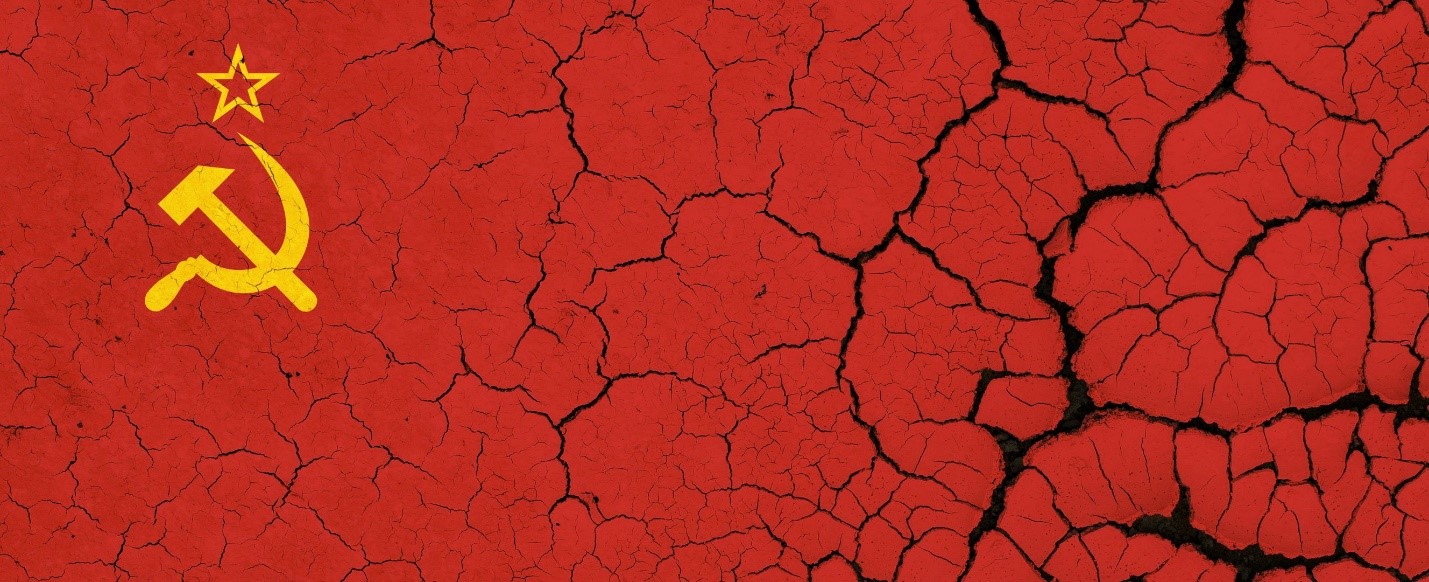
The Russia-Ukraine war has thrown over thirty years of globalization into disarray. Nations are reevaluating their alliances and strategic priorities. What used to appear as a stable and interconnected world is now a stage for changing power dynamics and realignments.
For the past thirty years, globalization has encouraged interdependence, with countries focusing on trade and economic partnerships rather than ideological differences. However, the Russia-Ukraine war has interrupted this trend, revealing weaknesses in global supply chains and creating economic divisions that echo the Cold War period.
Sanctions against Russia have resulted in a separation of economies, especially in the energy and agriculture sectors. Nations that previously depended on Russian exports have had to seek alternative suppliers, putting pressure on international markets and contributing to inflation. This fragmentation is particularly noticeable in technology, where disruptions in the supply chain have led to production delays and increased prices. The conflict has essentially revived the idea of economic blocs, jeopardizing the interconnectedness that characterized the late 20th and early 21st centuries.
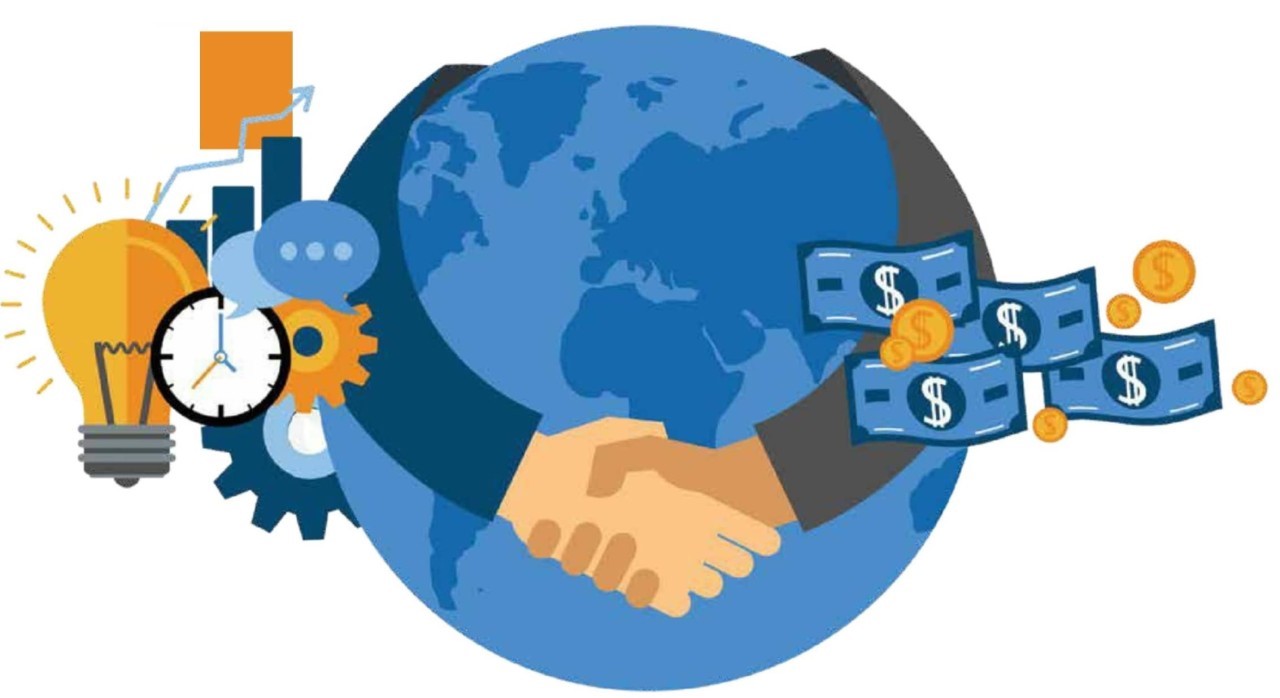
Europe’s security architecture, built on the assumption of enduring peace after World War II, has been shaken to its core. The war has unveiled the fragility of Europe’s defense mechanisms and underscored the necessity for robust, unified responses to external threats.
NATO, once criticized for being outdated, has found renewed purpose. The addition of Sweden and Finland to the alliance signifies a historic shift in Europe’s security dynamics. These traditionally neutral nations have recalibrated their defense strategies, fueled by the proximity of Russian aggression. Additionally, NATO member states have significantly increased defense expenditures, reflecting a collective acknowledgment that peace cannot be taken for granted.
Europe’s response to the war has also highlighted disparities in military readiness among member states. Countries like Poland and the Baltic states have ramped up investments in modernizing their forces, while others face challenges in meeting NATO’s defense spending targets. This evolving landscape underscores the need for cohesion and resource-sharing within the alliance.
The ongoing Russia-Ukraine war has significantly reshaped NATO’s role in today’s geopolitical landscape. Once seen as a remnant of the Cold War, the alliance has evolved into a crucial element of collective defense against various threats. The solidarity shown by NATO members in offering military and humanitarian support to Ukraine highlights its importance in a divided world.
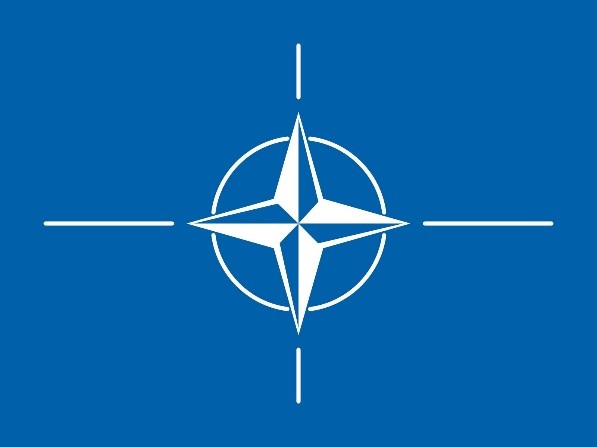
The inclusion of Sweden and Finland into NATO represents a significant turning point. This expansion not only strengthens the alliance’s strategic position but also conveys a strong message to Russia that Europe is united in the face of aggression. Additionally, the conflict has led NATO to reassess its operational strategies, placing greater emphasis on rapid deployment capabilities and cybersecurity to tackle new challenges.
The ongoing war has thrown the world into a significant energy crisis, with Europe experiencing the most severe impact. For years, Russia has been a key supplier of natural gas and oil, forming the backbone of Europe’s energy security. However, the conflict has compelled European nations to cut ties with Russian energy sources, resulting in soaring prices and energy shortages.
This crisis has hastened the shift towards renewable energy, as countries look for sustainable alternatives to fossil fuels. For example, Germany has ramped up its investments in wind and solar power, while countries like France are reconsidering nuclear energy as a practical solution. Nevertheless, these transitions require time, leaving many nations struggling with immediate issues such as securing sufficient energy supplies during harsh winter months.
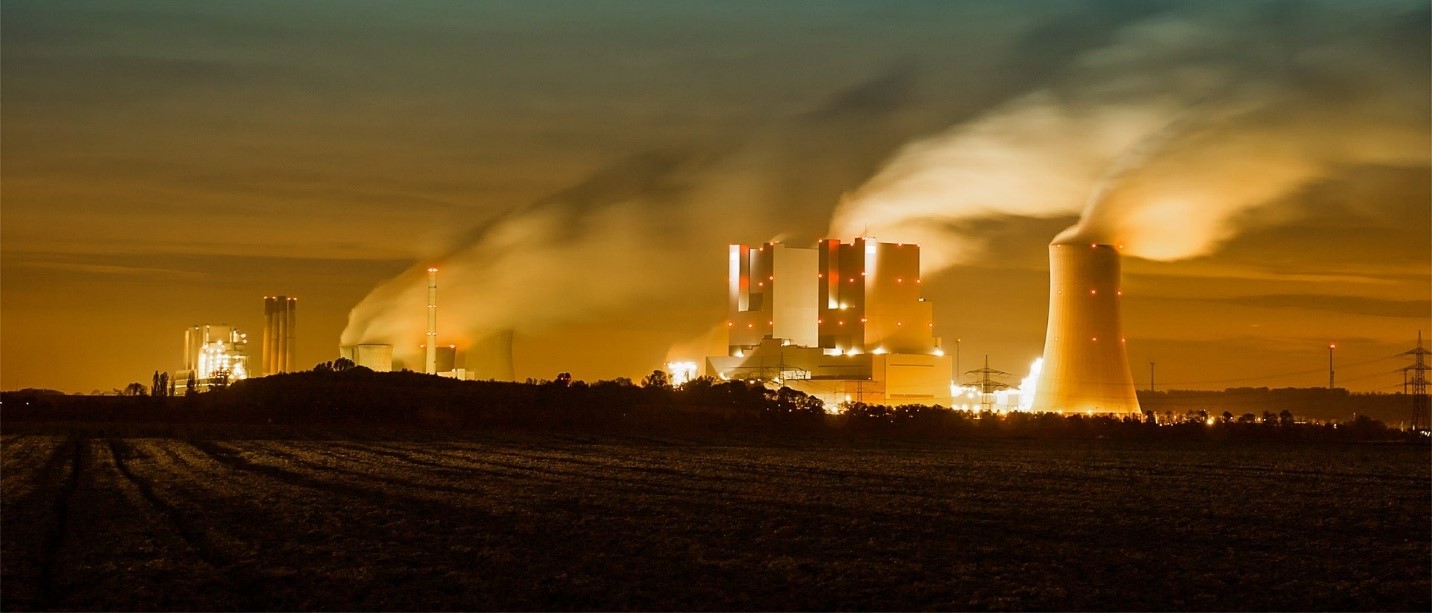
The repercussions of the energy crisis are felt beyond Europe. Developing countries that depend on imported energy are facing rising costs, exacerbating economic disparities. The International Energy Agency (IEA) has cautioned about the risk of potential global recessions if energy markets continue to be unstable, highlighting the need for coordinated international action.
The war has not only changed alliances but has also triggered an arms race. European countries have notably raised their defense budgets, indicating a significant shift in priorities. Germany’s announcement of a major increase in defense spending, along with similar actions from other EU nations, reflects a new urgency to bolster military capabilities.
Outside of Europe, the conflict has led countries like Japan and South Korea to reevaluate their defense strategies, highlighting the war’s global impact. The U.S. has also strengthened its military presence in Eastern Europe, demonstrating its commitment to NATO and deterring further aggression. In the Indo-Pacific region, there has been a rise in military collaboration, with nations like Australia and India concentrating on securing supply chains and addressing potential threats.
The Russia-Ukraine war has highlighted the significant consequences of modern conflicts, with effects that reach well beyond the battlefield. As the world faces these challenging times, several paths forward become apparent:
Diplomatic Engagement: Although difficult, ongoing diplomatic efforts are crucial for resolving the conflict and restoring trust among nations. Mediators such as Turkey and various international organizations can play vital roles in promoting dialogue.
Strengthening Alliances: NATO and other multilateral institutions need to continue evolving in response to new threats, focusing on collaboration and resilience. Initiatives like joint military exercises and information-sharing systems are essential.
Energy Transition: Increasing investments in renewable energy and diversifying energy sources will be vital for preventing future crises. Governments should also encourage innovation in energy storage and efficiency.
Economic Realignment: Countries must find a careful balance between self-sufficiency and globalization, promoting cooperation while protecting strategic interests. Policies that support regional trade agreements and technological advancements can help bridge gaps.
Humanitarian Support: The global community must tackle the humanitarian consequences, offering assistance to millions of displaced people and helping to rebuild areas affected by war. Efforts should focus on education, healthcare, and infrastructure development to ensure sustainable recovery.
The Russia-Ukraine war serves as a powerful reminder of how delicate peace can be and highlights the complexities of today's geopolitical environment. It has compelled the global community to face difficult realities regarding security, energy, and the boundaries of globalization. As countries adjust their strategies and forge new alliances, one thing is certain: the insights gained from this conflict will influence international relations for many years ahead. As Bertrand Russell famously said, it’s not about who is right, but who is left—and how they decide to construct a future after the devastation.




No Comments